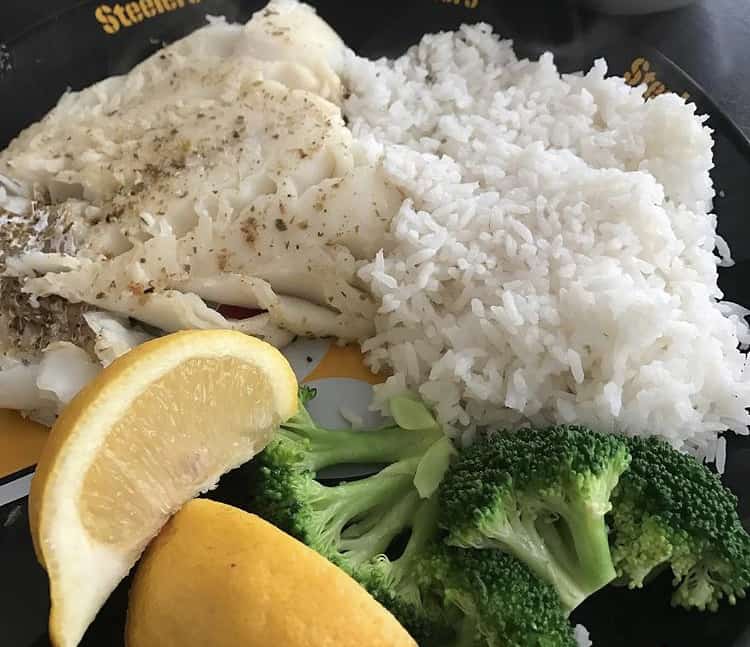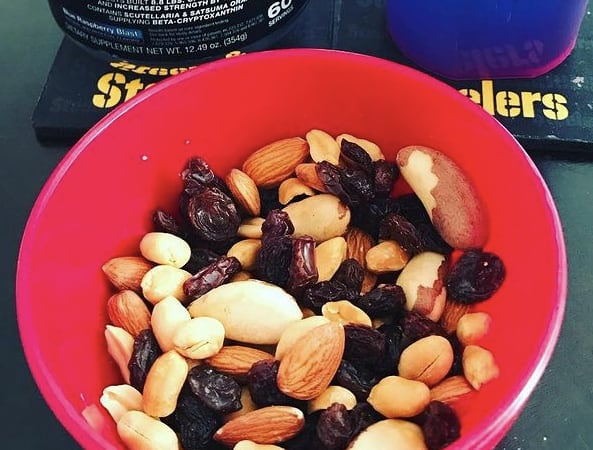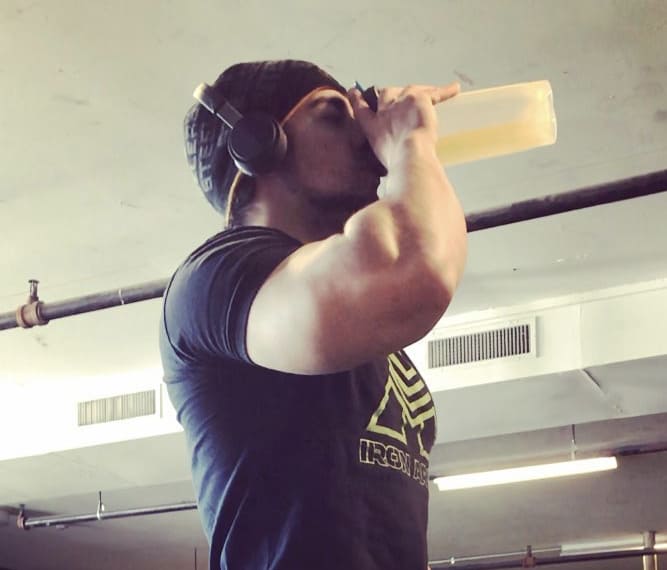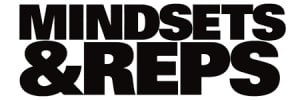
There’s nothing worse than eating a big meal before training for jiu jitsu only to feel sluggish on the mats. You feel slow and lethargic during the warm up and your performance while rolling is below the usual standard.
On the other hand, not eating enough could lead to fatigue and a lack of strength. In this situation your mind knows what to do but your body is not cooperating.
Somewhere there is a happy medium. It takes a bit of trial and error but eventually the right pre-training meal or snack can be found. It’s important to understand that everyone is different; what works for your training partner may not work for you. What you’ll find below are guidelines to choose the right foods and some sample meal ideas at the end.
These are all the factors to consider when determining what you should eat before jiu jitsu class.
Digestibility
The most important aspect of a meal when the goal is to improve athletic performance is digestibility. You could choose the healthiest, nutrient dense foods but if it sits in your stomach like a stone then it’s pointless.
Digestibility varies from person to person, but generally speaking moderate to high glycemic carbohydrate sources are a good option. These are foods like cream of rice, fruit, cereal, sweet potatoes, and pasta. Even processed, packaged goods like granola bars are a good option despite the fact that they lack in vitamins and minerals.

Fattier foods take longer to digest and may sit in the stomach in an uncomfortable manner. You do want some fat to slow digestion (more on that later) but too much could be counterproductive. Fiber also slows digestion. A food high in both fat and fiber like an avocado may not be the best chouce. At the very least you probably don’t want to eat an entire avocado.
Sustained Energy
A jiu jitsu class typically lasts 60-90 minutes, so you want to choose foods that will sustain you for that time period. Consuming only carbohydrates may result in a spike and subsequent drop in blood sugar in the middle of practice. To combat this you need balance.
Carbohydrates and fats can both be classified as energy sources. Carbs are more appropriate for a sport like jiu jitsu, but as mentioned they digest very quickly. This fast digestion is both a blessing and a curse. On the one hand it provides energy quickly, which is crucial for an intense jiu jitsu training session. On the other hand consuming carbohydrates alone can lead to a fast drop in blood sugar.
For a sustained release of energy into the bloodstream, carbs should be combined with fats, fiber, or both.
For example, rather than eating a banana by itself (strictly a carb source), you should combine it with nuts or peanut butter (both fat sources). If you have cereal, you should combine it with full fat milk or add nuts.
The one macronutrient not yet mentioned is protein. Protein can technically be an energy source, just not a very efficient one. Protein is more of a “builder”, used to build and repair muscle along with other tissues in the body. What differentiates protein from carbs and fats is that it contains nitrogen, which the others do not.
Still, it’s not a bad idea to include some protein in a pre-training meal. It helps to jumpstart the recovery process and limits the catabolic (muscle breakdown) effects of training.
How Much to Eat
How much to eat goes hand in hand with digestibility. If you’re a person who can eat a large meal and train without issue, by all means do so. You will reap the benefits of the energy from that meal with no stomach discomfort. This is a luxury in the sense that you can experiment with different food sources to see what brings you the greatest performance benefits.

On the other end of the spectrum are people who like the train on an empty stomach. This is okay, and I can empathize as I fall into this category, but I would recommend looking into supplementation options. Mixing a carbohydrate powder and amino acid powder into water can mimic a meal to a certain degree. You get the benefits of carbs and protein (amino acids are essentially protein) without having to ingest a meal.
Typically as you get older, you have to be more meticulous with not only your food choices, but how much. If you’re in your late 20’s, 30’s, or beyond you likely remember a time where you could eat whatever you want then go train with no issue. Over time our food tolerances change.
In any event, you should still try to eat something. It doesn’t have to be a lot. It should simply serve the purpose of providing a source of fuel while eliminating the feeling of a completely empty stomach.
In the video below, you see Kron Gracie go through some intense endurance training. The video showcases how little he eats before training and in between training sessions. It goes to show how you don’t always need a ton of food to get through a workout.
When to Eat
The sweet spot for a pre jiu jitsu meal is about 45-90 minutes prior to training. This gives the meal enough time to clear the stomach, digest, and for the nutrients to assimilate into the blood. Obviously a larger meal should be consumed closer to the 90 minute mark while a small snack can be eaten closer to class.
Pre Training Meal Examples
Large Meal
4 oz. Cod, 1 Cooked Cup Jasmine Rice, 1/3 Cup Broccoli topped with Olive Oil
4 oz. Chicken, 1 Medium Sized Baked Potato with Grass Fed Butter, Side Serving Spinach
Small Meal
5 oz. Greek Yogurt with Granola and Nuts
Protein Shake blended with Banana and Almond Butter
Intra Training Supplementation (Optional)
1 Scoop Amino Acid Powder mixed with 1-2 Scoops Gatorade Powder
16 oz. Coconut Water (Not from Concentrate)
Recent Posts
Step-by-Step Nutrition Guide For All Jiu Jitsu Practitioners
As a Jiu Jitsu practitioner, everything you’ve heard about diet is probably wrong. The majority of nutrition advice pumped out through mainstream media and social media is targeted toward people...
There was a time when dietary supplements were designed strictly for bodybuilders and workout enthusiasts. Those days are over. Nowadays, supplements are geared toward increasing...
